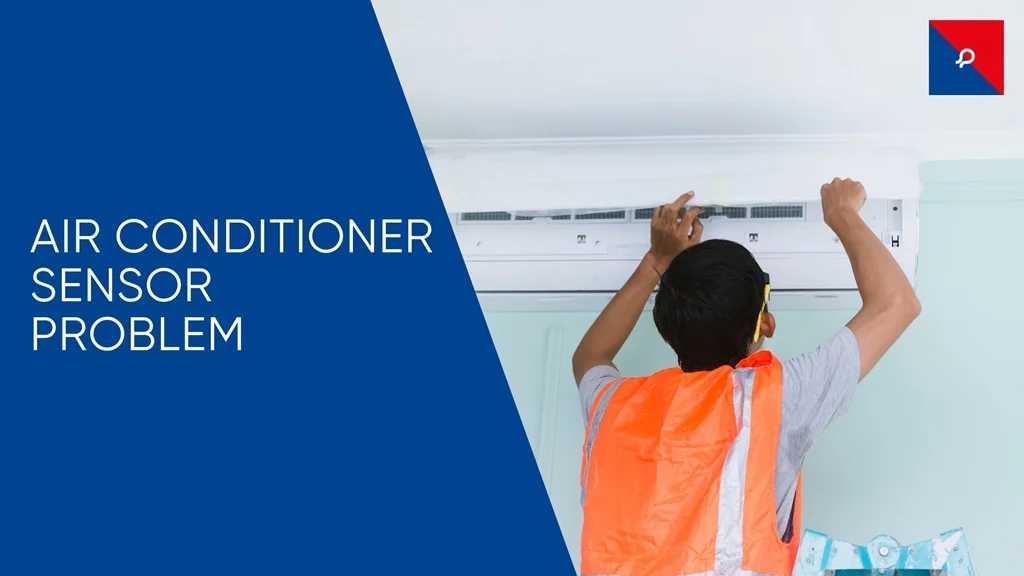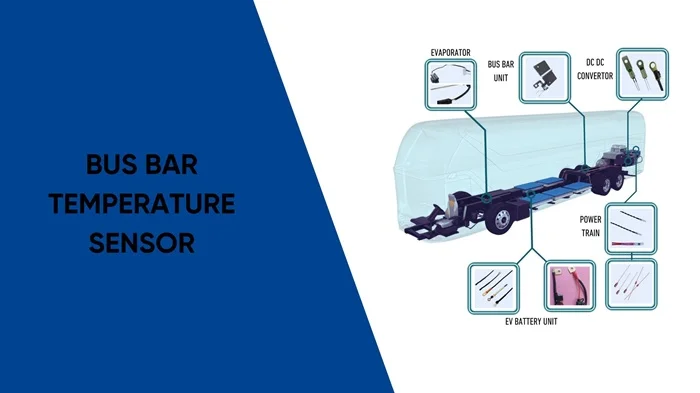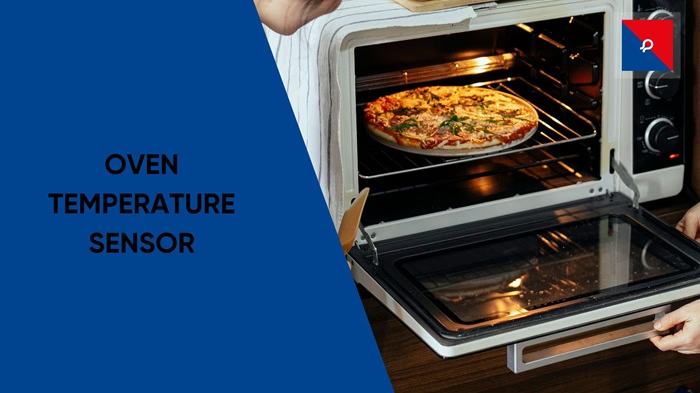
Ever noticed your air conditioner not cooling like it used to? Or maybe it keeps turning on and off randomly? The problem might not be the AC itself, but a small but important part: the temperature sensor. This little gadget keeps track of the air around the evaporator coil and tells your AC when to cool or take a break. If ac sensor is not working right, your home can feel too hot, too cold, or just not right.
Don't sweat it! Figuring out the Air Conditioner Sensor Problem isn’t that tough. In this guide, we'll make it all clear and give you some handy tips to tackle sensor problems before they get worse. Ready to get your cool back? Let’s go!
What Exactly Does an AC Temperature Sensor Do?
Before we dive into any issues, let’s talk about what this sensor really does. The AC temperature sensor, or evaporator sensor, keeps an eye on the air temperature going into the evaporator coil. It helps your AC cool the space well, avoiding too much or too little cooling, which keeps things comfy inside. If there's an AC sensor problem, it can mess up the temperature control and make the cooling system less efficient.
If this sensor stops working right, your AC could start misbehaving, causing energy waste, making you uncomfortable, and potentially harming the system in the long run.
Common Causes of Faulty AC Sensors
A sensor failure doesn’t happen overnight. Here are the top reasons why your AC’s sensor might stop working properly:
| Cause | Explanation |
| Poor Placement | If the sensor is not positioned correctly, it may not read the actual temperature of the air. This can cause the AC sensor problems, causing overwork or underperform. |
| Wear and Tear | Over time, sensors degrade due to continuous exposure to dust, debris, and moisture. |
| Electrical Issues | Loose or corroded wiring can disrupt communication between the sensor and the AC unit. |
| Dirt Buildup | Dust and dirt can cover the sensor, preventing it from accurately detecting temperature changes. |
| Physical Damage | A damaged sensor (from mishandling or improper maintenance) won’t function effectively. |
Signs That Your AC Sensor Might Be Failing
If your air conditioner is behaving strangely, your sensor could be the reason. Here’s what to watch for:
1. Temperature Fluctuations
Does your AC struggle to maintain a steady temperature? If it keeps switching between too hot and too cold, chances are the sensor isn’t reading the air temperature accurately.
2. AC Constantly Turns On and Off (Short Cycling)
An AC sensor problem can cause the AC to cycle too frequently, which not only wastes energy but also puts unnecessary strain on the system.
3. AC Won’t Turn On
If the sensor completely fails, your AC may not start at all, thinking that the room is already at the desired temperature.
4. High Energy Bills
A malfunctioning sensor forces the AC to work harder than necessary, increasing energy consumption and raising your monthly electricity bills.
What to Do If Your AC Sensor Is Faulty
A faulty AC sensor doesn’t always mean you need a costly repair. Here are a few steps to troubleshoot and potentially fix the issue:
Step 1: Inspect the Sensor’s Placement
Check if the sensor is properly positioned near the evaporator coil but not touching it. If it has shifted, carefully adjust it back to its correct position.
Step 2: Clean the Sensor
A simple cleaning might do the trick! Gently wipe away dust and dirt using a soft cloth or compressed air to ensure accurate temperature readings.
Step 3: Check for Loose or Damaged Wiring
Look for any frayed or disconnected wires that could be disrupting the sensor’s function. If you find any, it’s best to call a technician.
Step 4: Reset the AC Unit
Sometimes, a quick reset can resolve sensor-related glitches. Turn off the AC, unplug it for a few minutes, then restart it and see if the issue persists.
Step 5: Call a Professional
If the sensor still isn’t working, it may need a replacement. A certified technician can diagnose the air conditioner sensor problem accurately and install a new sensor if required.
Choosing the Right AC Sensor: Why It Matters
Not all temperature sensors are created equal! A low-quality sensor can lead to repeated failures and inefficiencies. That’s why selecting a high-performance sensor from a trusted provider is crucial.
Optimize Your AC’s Performance with JR Sensors
When it comes to precision and reliability, JR Sensors stands out as a trusted supplier of high-quality NTC temperature sensors designed for various air conditioning systems. Whether you need sensors for Window ACs, Split ACs, Tower ACs, AHUs, or Chillers, JR Sensors provides advanced solutions that enhance efficiency and system longevity.
Getting the right temperature sensors can make your AC work better, save you money on energy bills, and help your unit last longer.
Final Thoughts
Your AC’s temperature sensor might be small, but it’s super important for keeping your home cool. Knowing how it works and spotting when it malfunctions can help you avoid costly repairs and annoying changes in temperature, avoiding the air conditioner sensor problem.
Don’t let a faulty sensor disrupt your cooling comfort! If you’re looking for reliable, high-quality AC sensors, JR Sensors has you covered. Explore our advanced temperature sensors today and keep your AC running at its best!
Frequently Asked Questions
1. What happens if a heating and air conditioning sensor malfunctions?
2. How do I know if my air conditioner sensor is bad?
3. Why is my air conditioning sensor not working?
4. How do I fix a faulty air conditioner sensor?
5. What are some common AC sensor problems?

Busbar Watchdogs: The Tiny Sensors Preventing Massive Power Failures
Think of them as your system’s early warning system. Busbar temperature sensors silently protect power grids, data centers, and switchboards from overheating, fire, and failure. Discover why this small sensor plays a big role in electrical safety and uptime.

Beyond Specs: 5 Must-Know Factors When Choosing a Thermistor Sensor Manufacturer
Not all thermistor manufacturers are created equal. Whether you're building a medical device or a smart appliance, this guide breaks down the 5 key factors that ensure you get precision, reliability, and peace of mind.

Burnt Biscuits? Blame the Sensor – The Hot Truth About Your Oven’s Temperature Troubles
If your oven’s cooking like it’s got a mind of its own, your temperature sensor might be the silent saboteur. From half-baked casseroles to scorched cookies, we break down how this little sensor works, why it matters, and how to fix it—without losing your cool (or your dinner). A fun, practical guide that’s just as useful as it is digestible.